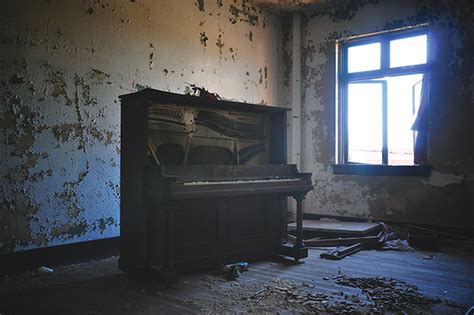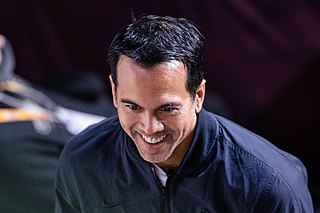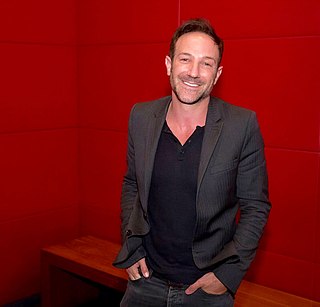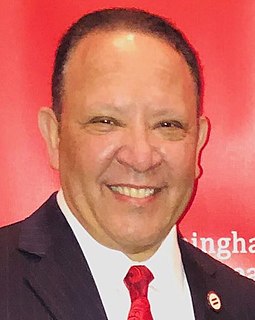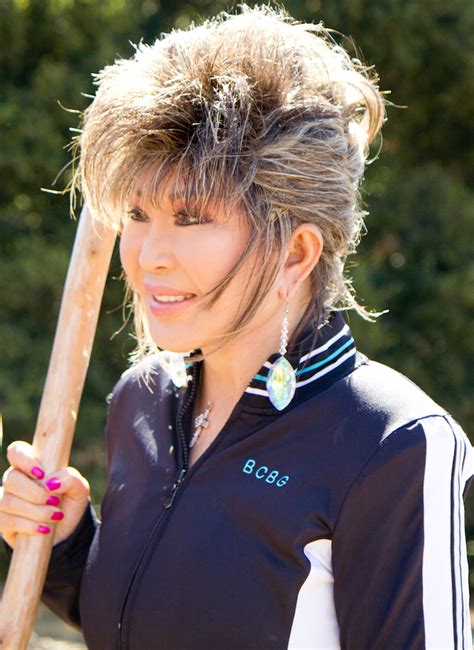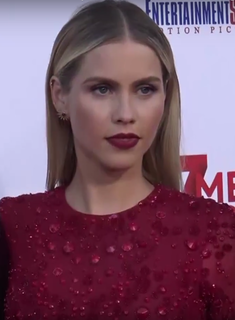A Quote by Seph Lawless
I'm sick of watching 'Blue Lives Matter' supporters idly stand by any police officer simply because he wears blue, ignoring the facts that should make them cringe in disbelief and horror. Police brutality is systemic, not anecdotal.
Related Quotes
Let's say you are driving in the U.K., and you are pulled over by the police for speeding, and you try to bribe the police officer with £300 to walk away. I guarantee you that at least 99 times out of 100 you are going end up in handcuffs, and you will be charged with the crime of trying to bribe a police officer.
I have a former Baltimore City police officer's uniform and his robe and hood. He was the grand dragon, which means state leader. His day job, what paid his bills, he was a Baltimore City police officer, not an undercover officer in the Klan gathering intelligence, but a bona fide Klansmen on the Baltimore City police force.
I especially appreciated hearing the President [Barack Obama] affirm that "black lives matter" and that it means that some citizens are feeling more pain, and experiencing more negative effects than others, and he offered up the stats. He also indicated that black lives matter does not negate the fact that blue lives matter. He ably walked the tightrope, here, between affirming both black life and police life.
What we have to ask is this: what can we morally expect of and allow to people whom we deploy to fulfill this or that social role :police officer, school teacher, physician? This may sometimes lead to difficult social decisions - e.g. should police be permitted to illegally import drugs as part of a sting operation? In the end, I think "common - that is, critical - morality" should determine the limits of the police role.
Blue is a tranquilizer, imparting coolness to your system. Blue slows down your system so it can heal and mend. Positive qualities of blue are willpower, aspiration, and reliability. Foods of the blue vibration are: grapes, blackberries, blue plums, blueberries, and any other blue fruits or vegetables.
